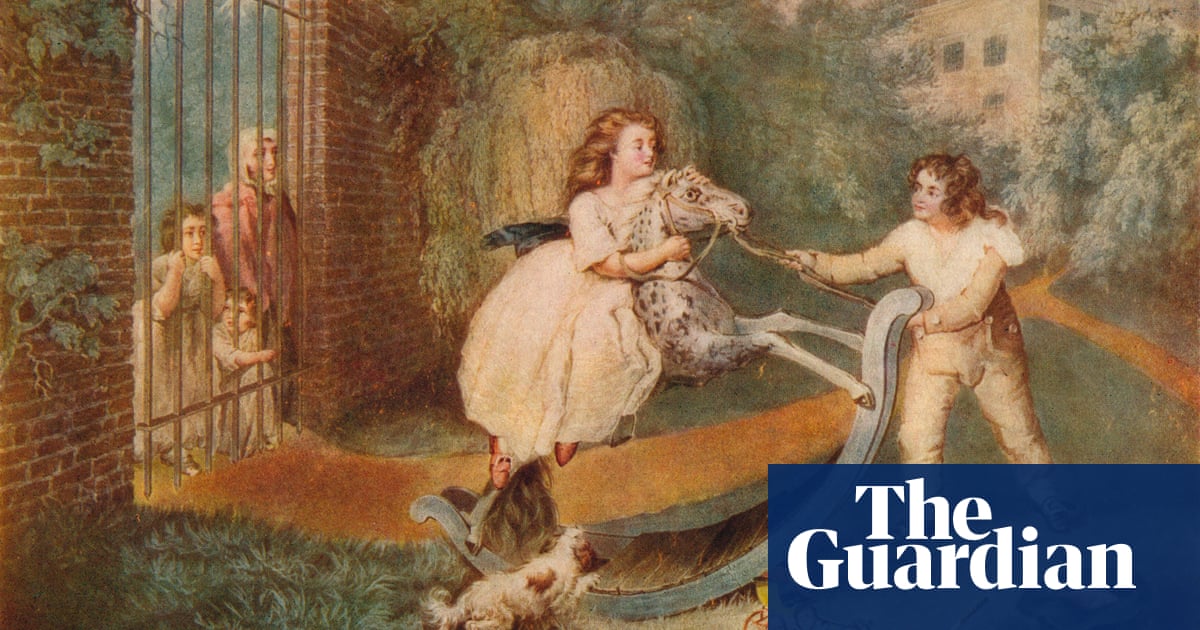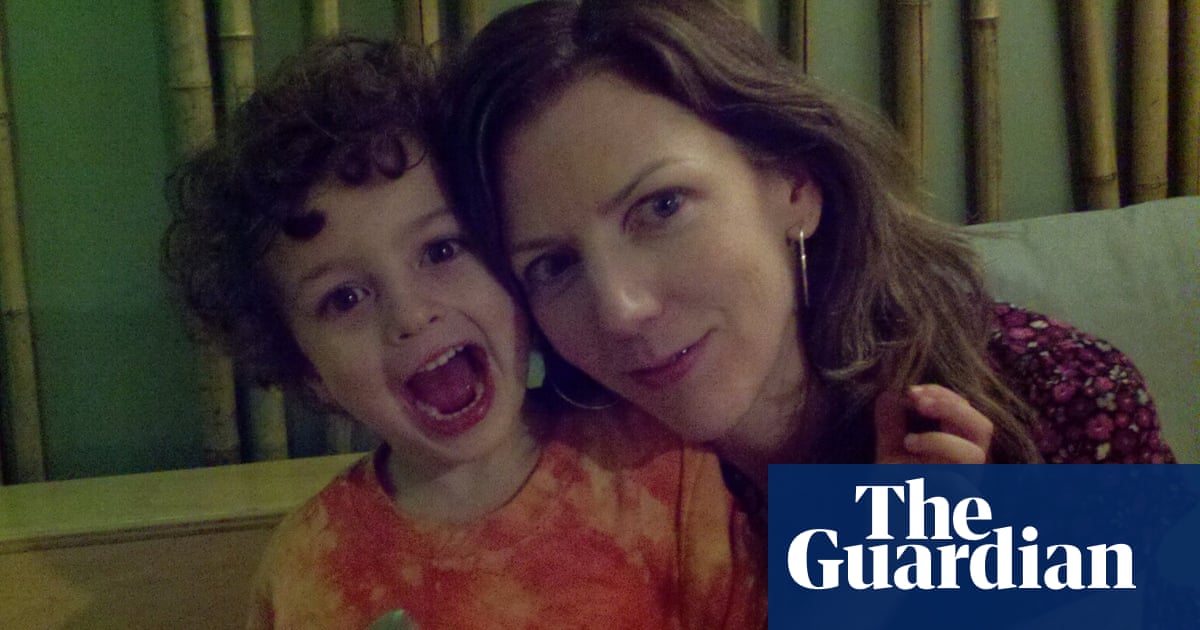
I am expecting a baby later this year. Despite living in a different country, my mother wants to be as involved as she can. I benefited hugely from my relationship with my grandparents and would love my child to have the same.
However, I have a lot of unresolved issues about the way my mother parented me, and the way she behaves today. She was dismissive of my depression and anxiety when I was growing up, and lacked empathy when I self-harmed. She would bring everything back to her, and was scathing of my attempts to treat myself to anything nice. I don’t know how to help build a positive relationship between my child and my mother, when I am mistrustful and wary of her behaviour.
I am still working on resolving it all, and I don’t want any of her toxicity around my child. And surely my child will sense my distrust, even if I do my best to support the grandparent/grandchild relationship?
How do I approach this?
What’s terrific about your letter, and something you should be very proud of, is the clear line between the way you were mothered and the way you wish to mother.
So many letters I get describe mothers who are similar to yours, but the writers fear they will go on to “become their mothers” and parent in a similar way. You know you are the “firebreak” between your mother and your child. Your longer letter was full of examples of how your mother was self-absorbed, unlistening and unempathic, and I’m very sorry to hear about some of the ways in which you were failed.
Sometimes, difficult mothers go on to become terrific grandmothers. Were your lovely grandparents your mum’s parents? Because, as my specialist this week pointed out, they might have been very different as parents to your mum. But there’s no guarantee, and what your mother wants isn’t as important as what you want. You are right to be cautious, but rest assured that your mother’s effect on your child will never be the same as it was on you, for the simple reason that your baby will have you as a parent.
I consulted family psychotherapist Lorraine Davies-Smith (aft.org.uk), who felt that you were trying to “balance your desire to recreate your positive experience of the grandparent relationship you enjoyed, without recreating the more challenging experiences of the way you were mothered”.
I think you may have to let go of the idea of recreating what you had with your grandparents, because the pursuit of doing so could tether you to continued damaging behaviour from your mother.
Davies-Smith asked if there was a second set of grandparents, or other family members, who could fill that void, but also says: “What you can do is create a relationship between your child and your mother that suits you.” Perhaps start with video calls rather than visits. Remember, your child won’t feel let down if they don’t have the grandparent relationship you had, because they don’t expect it.
The geographical distance will provide a buffer, giving you time to see the way your mother reacts – both to your child, and to your newfound status as a mother. And, more importantly, you can see how you feel. I wouldn’t agree to any trips (to hers or yours) too quickly; anyway, postpartum is a time to nest and rest, and concentrate on your needs and your child’s.
You ask how to approach it, and I would say: carefully. But remember that “you will be your child’s main caregiver”, Davies-Smith says, “and you will be able to ensure your child’s feelings are empathised with. This will help your child develop a strong sense of themselves.”
It will also protect your child against your mother. But it’s terrifically important you protect and look after yourself, too – only then can you be the best “good enough” mother to your child. Your mum had her chance at motherhood and she blew it.
After you’ve had your baby, you may benefit from talking to someone about your feelings towards your mother. Often, when women have children, they look at their own mothers with renewed admiration or judgment, sometimes both – and there may be a certain grieving for what you didn’t have. It’s important to remember that you are in control, not your mother. If she does continue to let you down, then, as long as you are age appropriate, there’s nothing wrong in letting your child see that toxic people have no place in a healthy life.
Every week Annalisa Barbieri addresses a family-related problem sent in by a reader. If you would like advice from Annalisa on a family matter, please send your problem to ask.annalisa@theguardian.com. Annalisa regrets she cannot enter into personal correspondence. Submissions are subject to our terms and conditions: see gu.com/letters-terms.
Conversations With Annalisa Barbieri, a new podcast series, is available here
Comments on this piece are premoderated to ensure the discussion remains on the topics raised by the article. Please be aware that there may be a short delay in comments appearing on the site.












